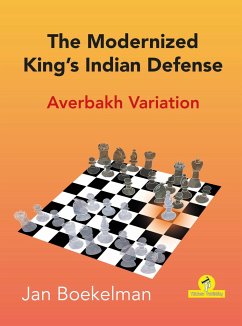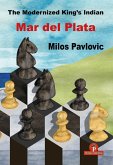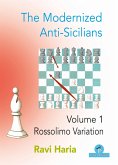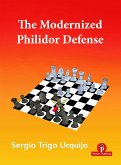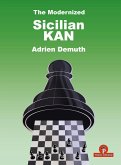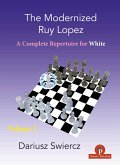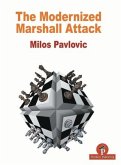Welcome to the wonderful world of the Averbakh variation against the King's Indian Defense (KID). Who would not want to have a variation against the KID that keeps White's position completely under control, that is positional in nature and that stays away from dark and murky waters or messy tactical situations? Many players like to play a variation against the KID that bears the hallmark of strong grandmasters and has stood the test of time. This book examines such variation with a repertoire for White and an in-depth analysis of all of Black's responses. The Averbakh variation represents a shift in White's approach to the fight against the KID. Rather than focusing solely on the queenside while accepting a certain danger of being checkmated on the other side of the board, as it happens in the KID in many lines, White uses a strategy of positional control, in which he uses the KID in a calm, positional way. Initially, the character of the battle is indeed relatively calm and positional, but not too calm to land in near-equal positions immediately. White's development schedules follow strategic logic. In the following parts of the game, White generally retains his first mover advantage, in positions where he retains control. Repertoire books on the KID start from Black's point of view, overestimating Black's chances and downplaying White's options and plans. In my opinion, that requires an analytical response from White's point of view. In this book, I will show that, using recent theoretical developments and my own novelties and analyses, White has a serious chance to come out of the opening with a long-term plus.
Hinweis: Dieser Artikel kann nur an eine deutsche Lieferadresse ausgeliefert werden.
Hinweis: Dieser Artikel kann nur an eine deutsche Lieferadresse ausgeliefert werden.

